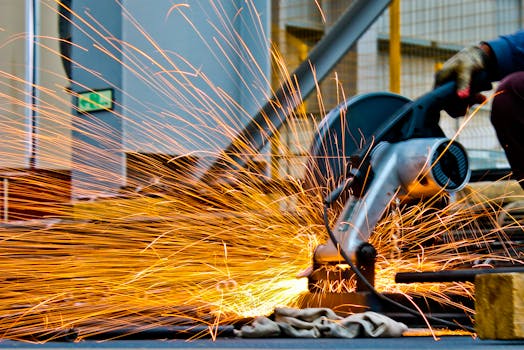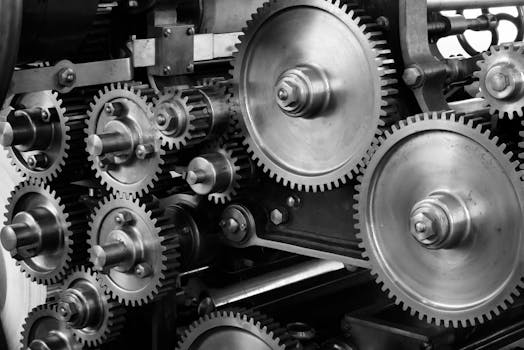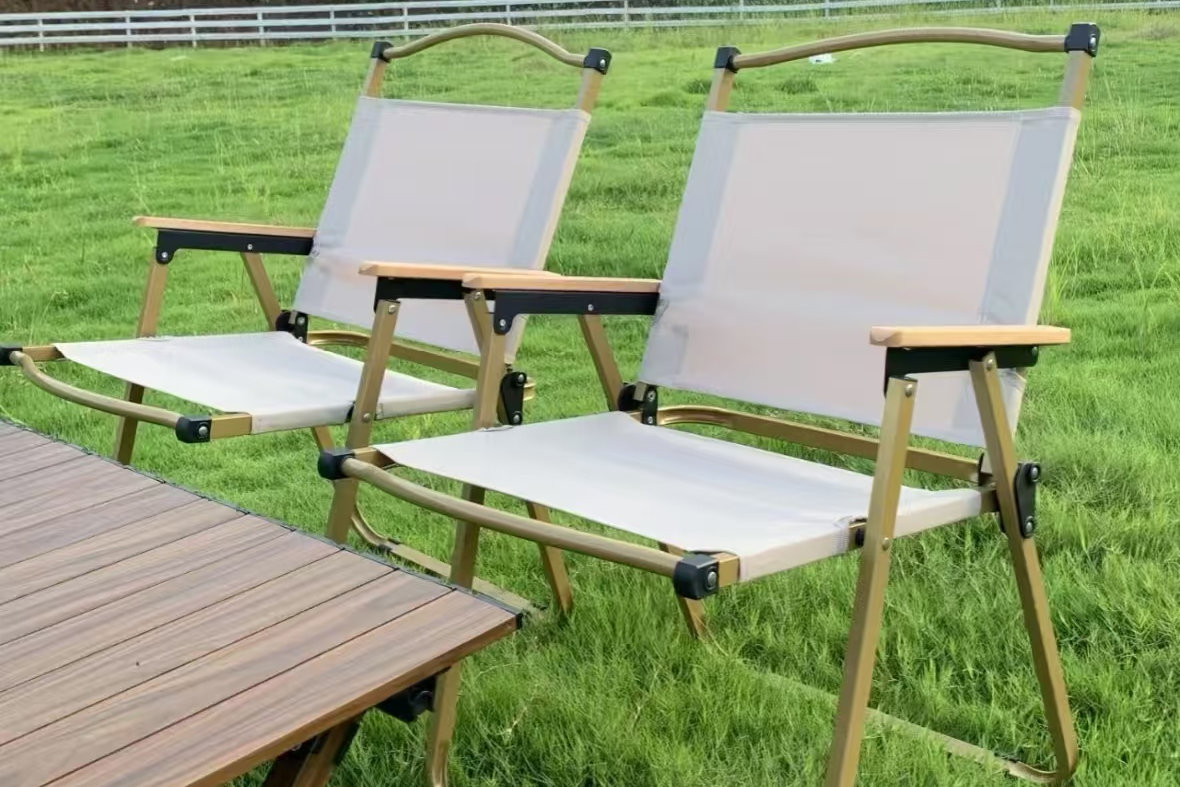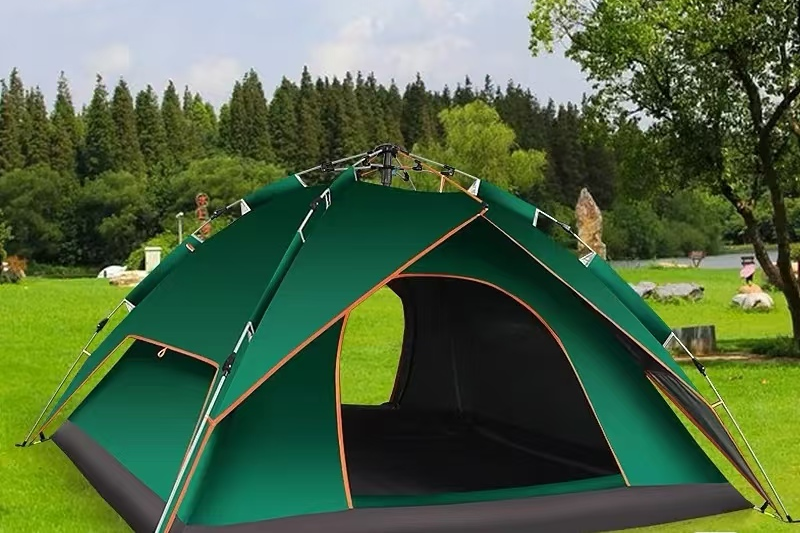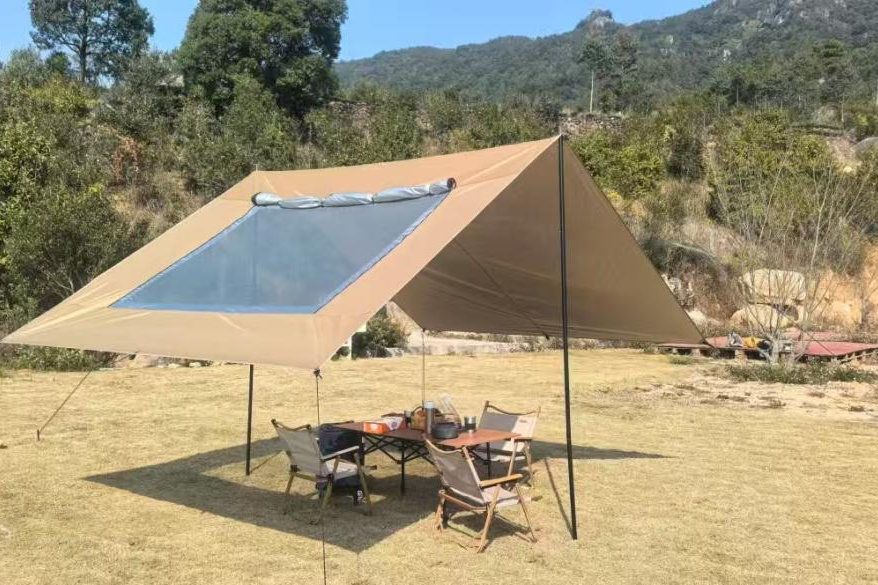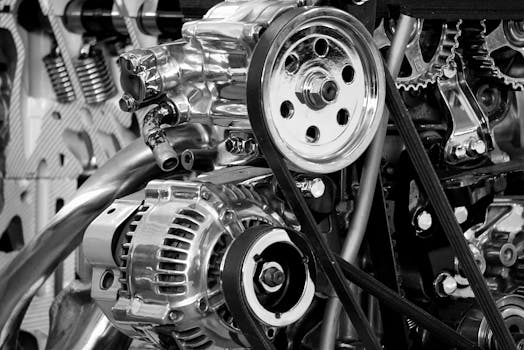
Charcoal Grill vs Gas Grill: Which One Fits Your Outdoor Cooking Style?
2025-08-27
For many outdoor lovers, nothing beats the joy of grilling food under the open sky. But here comes the big question—should you choose a charcoal grill or a gas grill? This debate has been going on for years, and honestly, both options have their loyal fans. Each grill type offers unique benefits, and the “best” choice depends on your cooking style, budget, and lifestyle. In this article, we’ll dive into the differences to help you decide which grill is the right fit for your backyard or camping adventures.
1. What’s the Main Difference Between Charcoal and Gas Grills?
-
Charcoal Grill: Uses charcoal briquettes or lump charcoal as fuel. It produces smoky flavors that many people associate with traditional BBQ.
-
Gas Grill: Powered by propane or natural gas, it heats up quickly and offers easy temperature control.
In short: charcoal = flavor, gas = convenience.
2. Which Grill Offers Better Flavor?
-
Charcoal Grill: Produces the classic smoky, rich flavor that BBQ enthusiasts crave. The burning charcoal adds a natural, wood-fired taste to meat and vegetables.
-
Gas Grill: Offers clean cooking with less smoke. While still delicious, food cooked on a gas grill won’t have the same smoky profile unless you add wood chips.
👉 If flavor is your top priority, charcoal wins.
3. Which One Is Easier to Use?
-
Charcoal Grill: Requires more effort to light, monitor, and control temperature. You’ll need to wait for the coals to heat up and maintain steady airflow.
-
Gas Grill: Lights instantly with a push of a button. You can adjust heat levels easily with knobs, just like using a kitchen stove.
For beginners or busy families, gas grills are much simpler.
4. Which Grill Heats Faster?
-
Charcoal Grill: Takes 20–30 minutes to heat up before you can start cooking.
-
Gas Grill: Ready in less than 10 minutes.
If time matters, gas wins hands down.
5. Which One Is More Portable?
-
Charcoal Grill: Usually smaller and easier to take on road trips, tailgating, or camping. Just carry some charcoal bags and you’re good to go.
-
Gas Grill: Portable versions exist, but propane tanks can be heavy and less convenient to transport.
For travel and outdoor adventures, charcoal is often more practical.
6. Which One Costs Less?
-
Charcoal Grill: Usually cheaper upfront, starting from $30–$300 depending on size and quality. However, buying charcoal regularly adds ongoing costs.
-
Gas Grill: Higher initial investment, ranging from $150–$1000+. But gas fuel is cheaper long-term.
If you grill often, gas may save money over time.
7. Which One Is Easier to Clean?
-
Charcoal Grill: Leaves behind ash and soot that must be cleaned after each use.
-
Gas Grill: Easier to maintain, with removable trays for grease and minimal mess.
Gas grills are less hassle for frequent use.
8. Which One Handles Large Gatherings Better?
-
Charcoal Grill: Best for flavor-focused meals, but cooking large quantities takes time.
-
Gas Grill: Larger cooking surfaces and steady heat make it perfect for feeding big groups quickly.
If you host backyard parties, gas is the more efficient choice.
9. Which Grill Lasts Longer?
Durability depends on materials:
-
Charcoal Grill: Fewer moving parts, so they can last many years with proper care.
-
Gas Grill: Durable frames, but burners and valves may require replacement after heavy use.
With maintenance, both can last for years, but charcoal models are often more rugged.
10. Which Grill Should You Choose?
-
Choose a Charcoal Grill If:
-
You want smoky, authentic BBQ flavors
-
Portability is important for camping or travel
-
You enjoy the traditional grilling process
-
-
Choose a Gas Grill If:
-
You value convenience and quick cooking
-
You host large gatherings frequently
-
You want easy cleanup and consistent results
-
The charcoal vs gas grill debate really comes down to lifestyle. Charcoal grills bring unmatched smoky flavor and portability, while gas grills offer ease of use and efficiency. There’s no single “best” option—it’s about what fits your cooking style. In fact, many BBQ lovers keep both at home: charcoal for flavor, gas for convenience.

